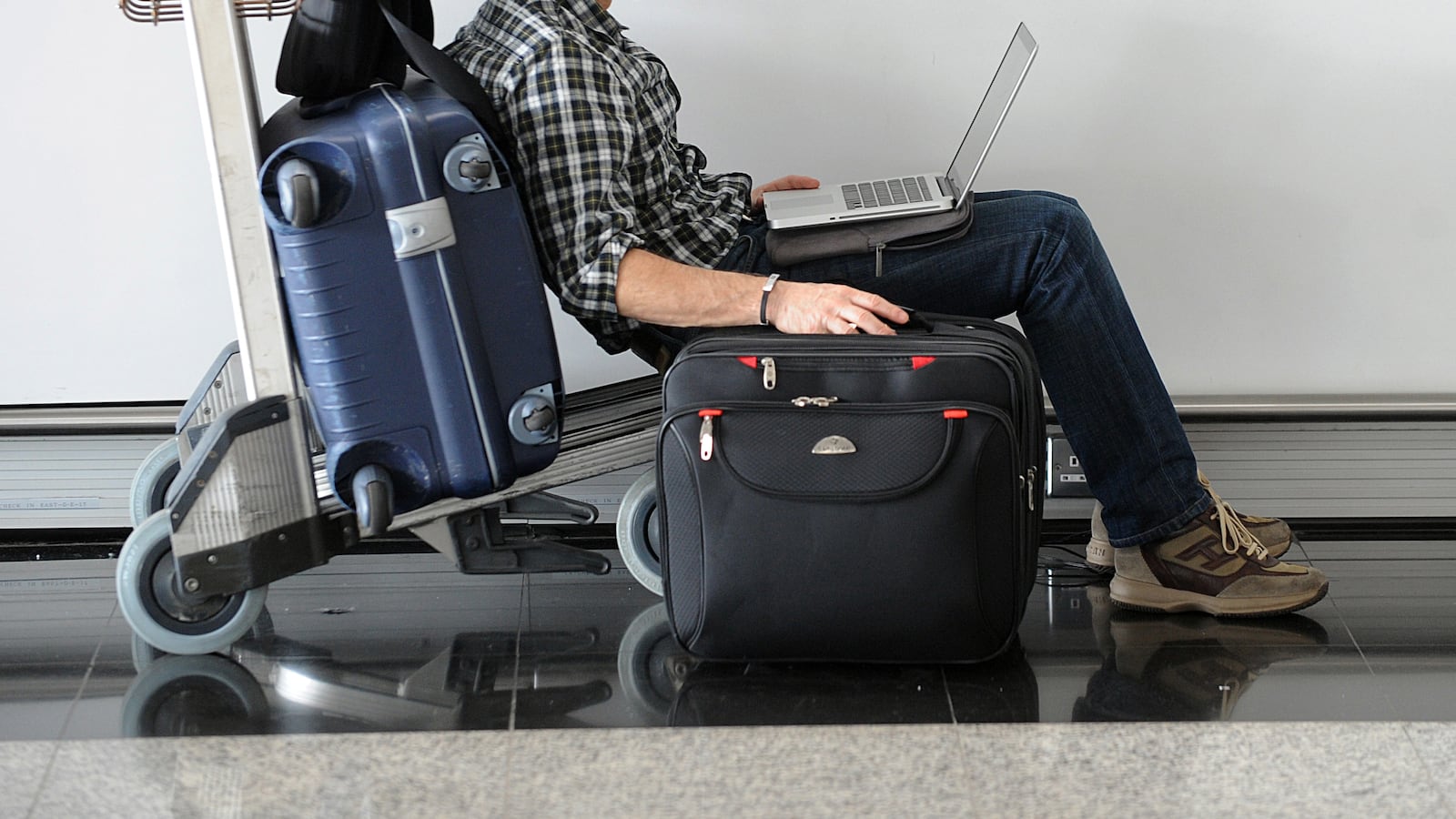A federal judge in Boston has said border agents need “reasonable suspicion” in order to search travelers’ smartphones and laptops at U.S. ports of entry, Reuters reports. U.S. District Judge Denise Casper ruled Tuesday that agents would need to point out specifics to justify their search through someone's device for illegal content—like “child pornography and counterfeit media.” Casper's ruling reportedly raises the current standard that U.S. Customs and Border Protection and U.S. Immigration and Customs Enforcement officials have been using for searches. However, the judge declined to require agents to have probable cause or warrants in order to search devices. “By putting an end to the government’s ability to conduct suspicionless fishing expeditions, the court reaffirms that the border is not a lawless place and that we don’t lose our privacy rights when we travel,” Esha Bhandari, staff attorney with the ACLU, said in a statement. CBP has not commented publicly on the matter.
Read it at Reuters






